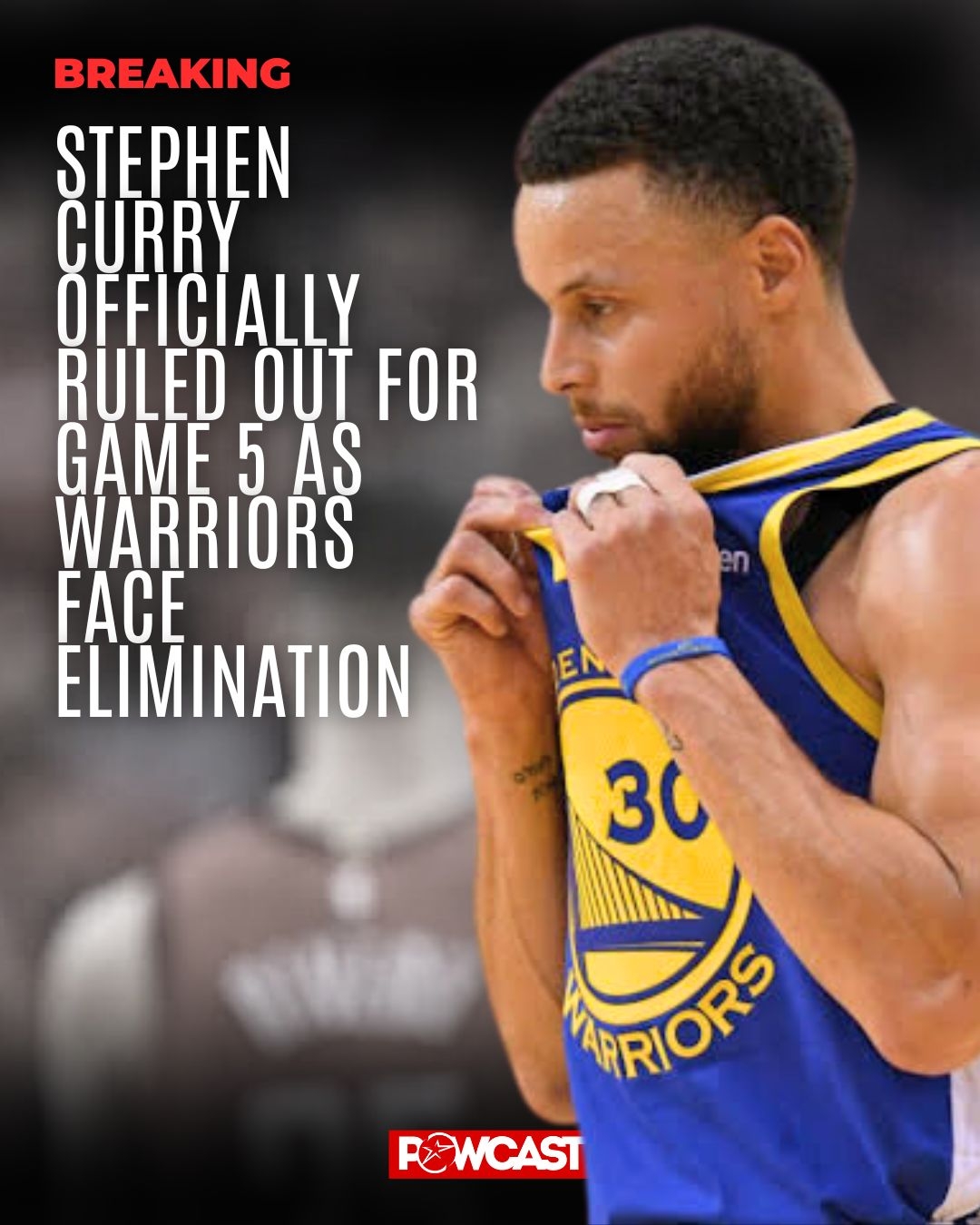I’m a thousand miles away from Asia, but I’ve always been an Asian hoops fanatic, as part of my undying love for FIBA world basketball.
An excerpt from Chapter 1, Section 21 of FIBA’s handbook for players with two or more nationalities, every participating country “may have only one player on its team who has acquired the legal nationality of that country by naturalization […]”
News broke that the 23-year-old Isaiah Austin, the honorary draft pick of NBA Commissioner Adam Silver in the 2014 NBA Rookie Draft, is being eyed as the next successor of Marcus Douthit and Andray Blatche, to don the Philippines’ national colors.
The 7-1 Austin owns collegiate averages of 12.1 points, 6.9 rebounds, 1.2 assists, and an eye-popping 2.4 blocks in 73 games for Baylor.
But is the stat line everything when national coaches contemplate on bringing in naturalized players?
Below are four traits that every foreign reinforcement should exemplify.
Below are four traits that every foreign reinforcement should exemplify.
#1: Fills the national team’s immediate need
Every FIBA zone has their respective strengths: craftiness and outside shooting for Asian teams; power and athleticism for African squads; and versatility and well-roundedness for both American and European sides.
But of course, each team has its own loopholes too – things that coaches want to cover by tapping naturalized players. Not all Asian teams are blessed with ceiling and heft, while African teams are obviously lacking in finesse.
Gilas Pilipinas coach Vincent Reyes has long been vocal about getting a Javale McGee type of player, if not the original. Imposing height, rebounding ability, rim protection, and impeccable outside shooting, if possible, are key areas that he looks for a reinforcement.
Naturalized players need to fill a certain void for his national team, not to mention the job of being his team’s go-to guy. He must be willing to embrace that role fully. Needless to say, only crème de la crème players can get the cut.
One of the best system-impacting naturalized players in Asia is Quincy Davis III of Chinese Taipei, who spearheaded his second country’s rise to a 4th place finish in the FIBA Asia Championship 2013, a feat that Chinese Taipei last had in 1999.
#2: Fosters camaraderie and team synergy
One great reason why the Philippine national team bagged consecutive silver medals in the FIBA Asia Cup’s 2013 and 2015 edition is because of the quality relationship Marcus Douthit and Andray Blatche had with their Gilas teammates.
Stalwarts like Jayson Castro and Ranidel de Ocampo praised Douthit for his unselfishness and being a “big brother” to the team. Meanwhile, Andray Blatche had no problem being acclimated to his teammates due to his genuine passion for knowing the country more.
Naturalized players are leaders by example. They shouldn’t have that ‘superstar mentality,’ instead, they should learn how to share the spotlight and trust their teammates. They don’t point fingers but encourage their local teammates to be better.
National coaches love it when their whole squad meshes well, on and off the court. They want his prized recruit to treat and be treated like a brother. He’s tasked to make that first move to get along with others.
#3: Puts the nation’s spirit and aspirations to his heart
Late 2015, current Gilas naturalized player inked the richest deal in CBA history - $7.5 million for three years with a clause restricting NBA buyouts. You just have an idea how much it would take for a player of that caliber to commit to a national squad.
Indeed, naturalized players are paid handsomely, together with the love and endearment they receive from a country who absorbed them. However, it’s just not enough for them to put up the numbers consistently; they must prove that they’re truly one with the nation’s heart and goal too.
Still remember Andray Blatche pumping his chest after a steal-and-dunk off Tony Parker in last year’s FIBA OQT? That’s “puso” for you.
A naturalized player shouldn’t only learn the traditions and culture of his second home. He should dream, fight, and play like a real home-grown citizen.
#4: Commits and loyal to the program
Perhaps the most important trait that a naturalized player should have.
Andray Blatche was an exceptional talent for the Philippines, but if there was one chink in his armor, it would be his level of commitment to the Gilas squad.
Two years ago, an overweight Blatche suited up for the Philippines in the FIBA Asia Championship 2015, with the podium finish sweeping that mishap under the rug. Just this year, Blatche failed to suit up in the Lebanon tourney, a big factor for his second country’s disappointing finish (7th place).
Blatche is indeed a great reinforcement for the Philippines, but he could have done so much more had he been more genuine and committed to the program.
Naturalized players should strive to be always present in practices and events, especially in internationally-sanctioned tournaments. No matter how formidable or mediocre his teammates could be, he should always be there to provide support and determination.
As a wrap-up, naturalized players spice up tournament meets between participating countries. They narrow the talent and skill gap between participants, making games more competitive and exciting.
But aside from these player’s stellar play and incredible athleticism, they should also imbibe their country’s beliefs and aspirations. They should be committed and approachable not only to their teammates but also to their fellow countrymen.
That’s the ultimate vision of national coaches – for them to be the best players and companions they can be.
Contributed by:
Bruce McAlister is a former engineer who shifted his career path to writing and blogging. He believes that the latter allows for more flexibility and expression – two things that are vital to succeed in a particular endeavor. He is currently in the final year of his BA in Creative Writing program at Emory, and serves as a junior essayist at getessaynow.com





.jpg)



.jpg)
.jpg)

.jpg)
.jpg)
.jpg)


.png)
.jpg)




0 Comments